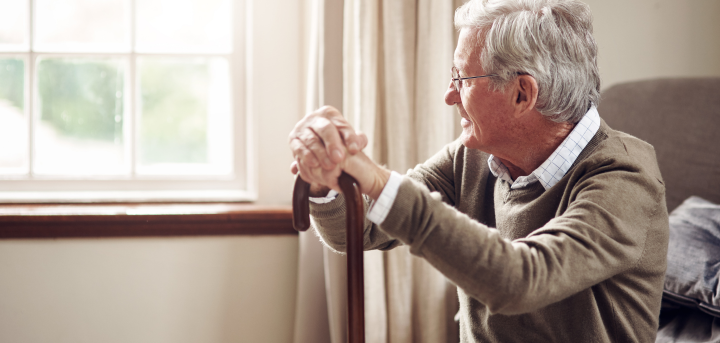Staying Warm and Safe at Home

Published on 19 February 2025 01:39 PM
Northern Gas Networks and Neighbourhood Pipeline have put together some handy information about how to stay safe and warm at home, what to do in a gas emergency, and how to access additional support if you need it.
Northern Gas Networks (NGN) has launched the Neighbourhood Pipeline campaign to encourage communities to support neighbours who may need extra help staying safe and warm. The campaign provides a downloadable toolkit with essential information on gas and carbon monoxide safety, energy efficiency, and extra support services for those most at risk, including older people, families with young children, and those with health conditions.
Staying Safe
It's important to be aware of Carbon Monoxide and what you should do if you suspect Carbon Monoxide .
What is Carbon Monoxide?
Carbon monoxide (CO) is a poisonous gas caused when fuels such as gas, oil, coal and wood don’t burn properly. It can leak from incorrectly fitted, badly repaired or poorly maintained gas appliances, as well as flues, chimneys and blocked vents. You can’t see it, taste it or smell it, so you can’t detect it if it begins to build up in your home, and if you breathe it in, it can make you seriously ill or cause death.
What are the symptoms of carbon monoxide poisoning?
Symptoms of carbon monoxide poisoning include headaches, stomach pains, dizziness, nausea, tiredness and loss of consciousness.
What to do if you suspect carbon monoxide poisoning
If you think you may have carbon monoxide poisoning, immediately turn off the appliance you think may be causing it, open windows and doors, leave the building and seek urgent medical advice.
You also need to call the National Gas Emergency Service on 0800 111 999.
Reducing your energy bills at home
- Insulate your loft Installing good-quality loft insulation helps to keep heat in your home and can save hundreds of pounds on your energy bills each year.
- Hang thick curtains Thick curtains will help keep heat in and draughts out.
- Efficient light bulbs Swap to energy saving lightbulbs to cut energy use and reduce bills
- Boiler check Get your boiler and gas appliances serviced every year by a Gas Safe Registered engineer to make sure they’re safe and working properly.
- Wash more, less Reduce the number of wash-loads you do each week by only washing full loads, and reduce the wash temperate where you can to cut energy costs.
Read tips from the Neighbourhood Pipeline
Find more tips on reducing bills and staying safe and warm with the Northern Gas Networks toolkit.
